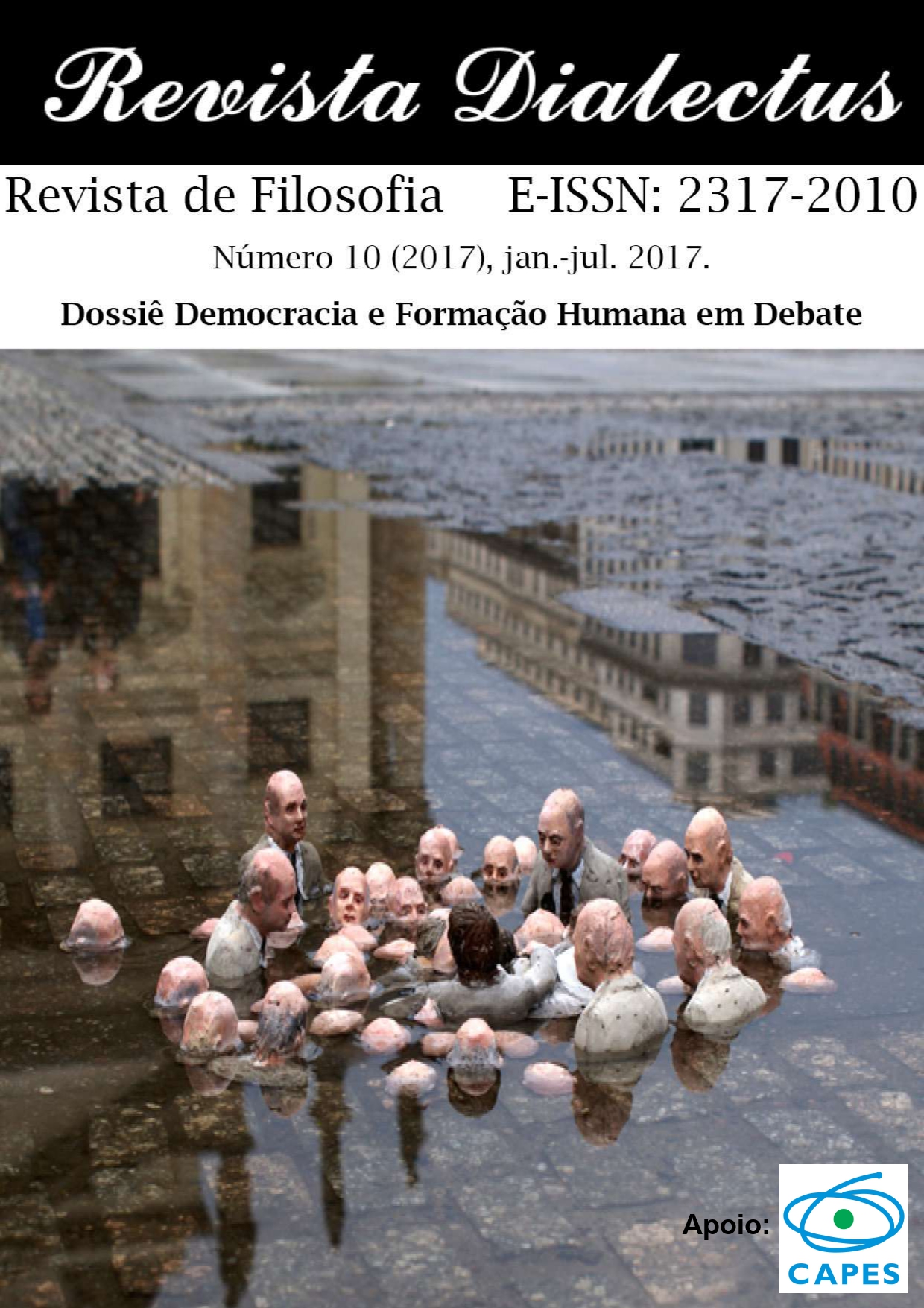ESTADO, EDUCAÇÃO E A FORMAÇÃO (ANTI-CAPITALISTA) EM TEMPOS DE NEOLIBERALISMO
DOI:
https://doi.org/10.30611/2017n10id19924Abstract
Este artigo analisa a relação entre Estado, Formação do Professor e Educação formal como parte inerente do processo de reprodução da sociabilidade capitalista. A partir da Política Educacional mediada pelo setor público e privado, documentos são elaborados como marco regulatório do sistema de educação brasileiro a serviço dos ajustes dos arautos do neoliberalismo. Evidenciamos que a educação formal assume o papel de formar o excedente de trabalhadores para o mercado e reproduz parcela da razão instrumental como a medida do pensamento coletivo, sendo a cidadania a ideologia nacional indicada como horizonte para professores e estudantes no Brasil por meio da supervalorização das habilidades e competências no processo político-pedagógico das instituições educativas. Por fim, experiências entre Educação e Movimentos Sociais, como dos cursos superiores de Licenciatura em Educação do Campo e Escolas do Campo, tem nos possibilitado observar outros caminhos sobre a formação humana em tempos de crise da Nova República no Brasil.
Palavras-Chave: Estado, Política Educacional, Cidadania.
Downloads
Published
Issue
Section
License
Authors who publish in this journal agree to the following terms:
- Authors retain the copyright and grant the journal the right of first publication, with the work simultaneously licensed under the Attribution-NonCommercial-NoDerivatives 4.0 International (CC BY-NC-ND 4.0) License, which allows the non-commercial sharing of work, without modifications and with acknowledgment of authorship and initial publication in this journal.
- Authors are authorized to take additional contracts separately, for non-exclusive distribution of the version of the work published in this journal (eg publish in institutional repository or as a book chapter), with acknowledgment of authorship and initial publication in this journal.
- Authors are allowed and encouraged to publish and distribute their work online (eg in institutional repositories or on their personal page) at any point before or during the editorial process, as this can generate productive changes as well as increase the impact and citation of published work (See The Free Access Effect).



















